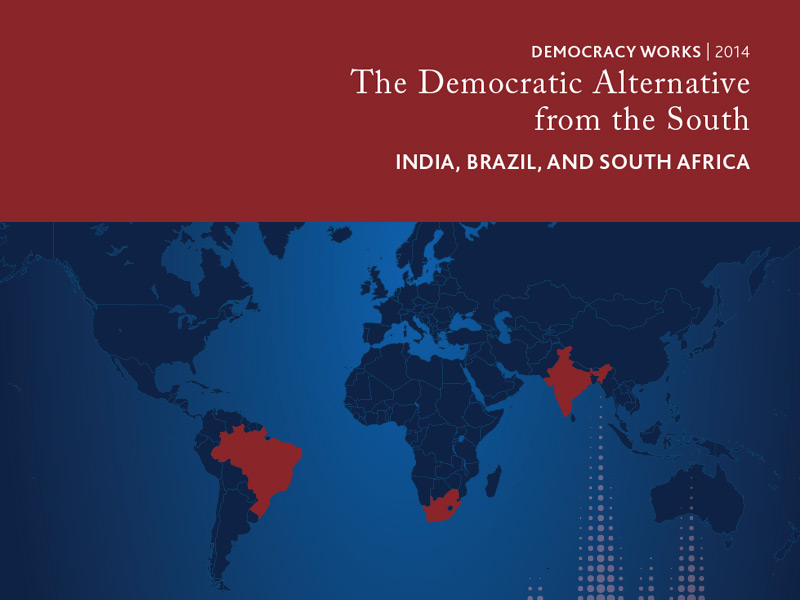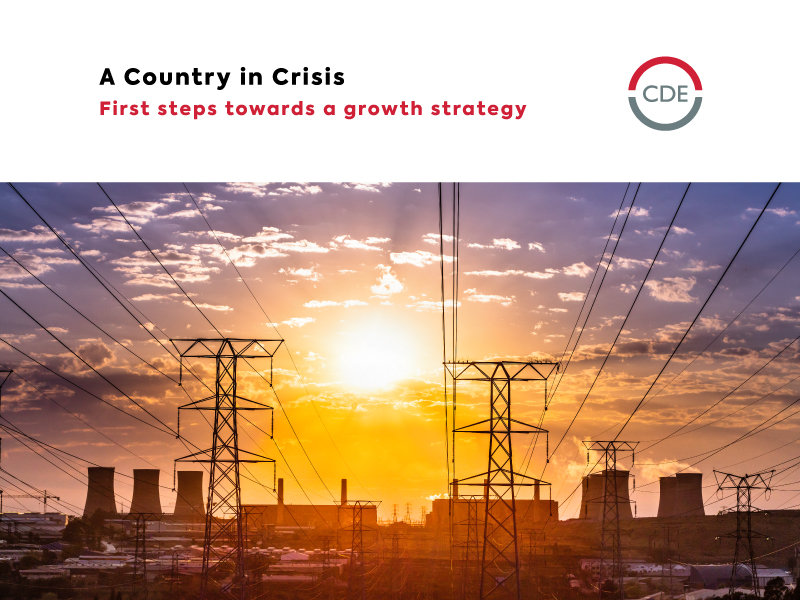
- India became an independent democracy in 1947, but it took decades to unleash its economic potential. Democracy Works: India and the Pursuit of Inclusive Growth outlines India’s democratic and economic trajectory and asks what lessons India’s experience provides for other countries that want to promote inclusive growth as well as democracy.
- During the period 2004 to 2012, per-capita growth reached 6.6 percent. Such a growth rate has the potential to double the income of all Indians in just over 10 years.
- While growth is still high compared to other developing countries, slower growth has been accompanied by rising inflation (above 7 percent) and a rising fiscal deficit (reaching 4.9 percent in the 2012-13 financial year). This suggests that India’s economic problems are not cyclical but rather structural in nature.
- After almost 65 years of democracy, India’s fundamentals are relatively strong. However, very strong democratic elements exist alongside profound problems that weaken democracy. India faces increasing corruption and social challenges and the current nature of Indian politics has produced a politics of compromise that prevents the government from acting decisively.
- Democracy does not automatically generate inclusive growth, nor does growth necessarily strengthen democracy. What the Indian experience demonstrates, however, is that under the right circumstances democracy and development can become mutually re-enforcing processes.



